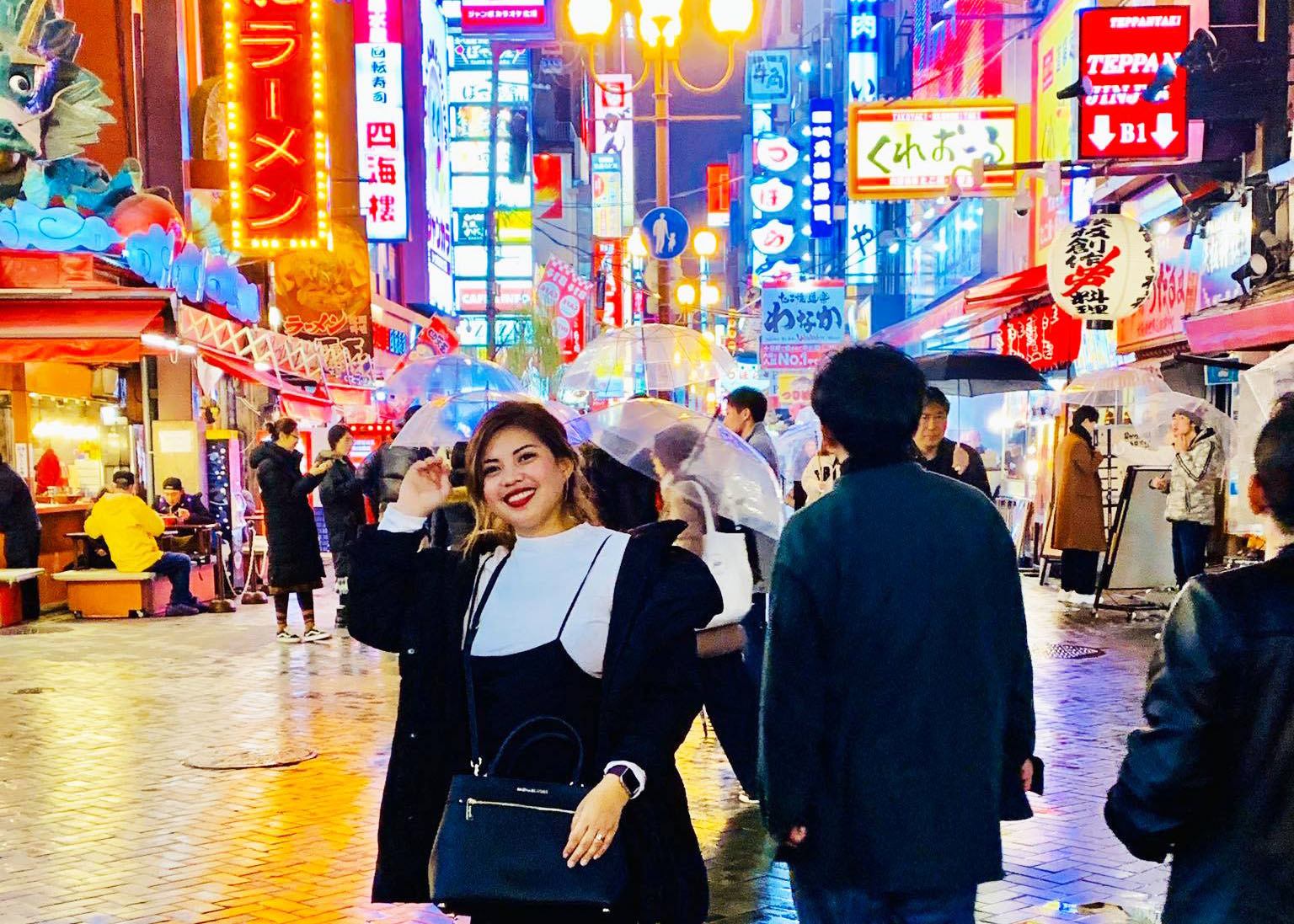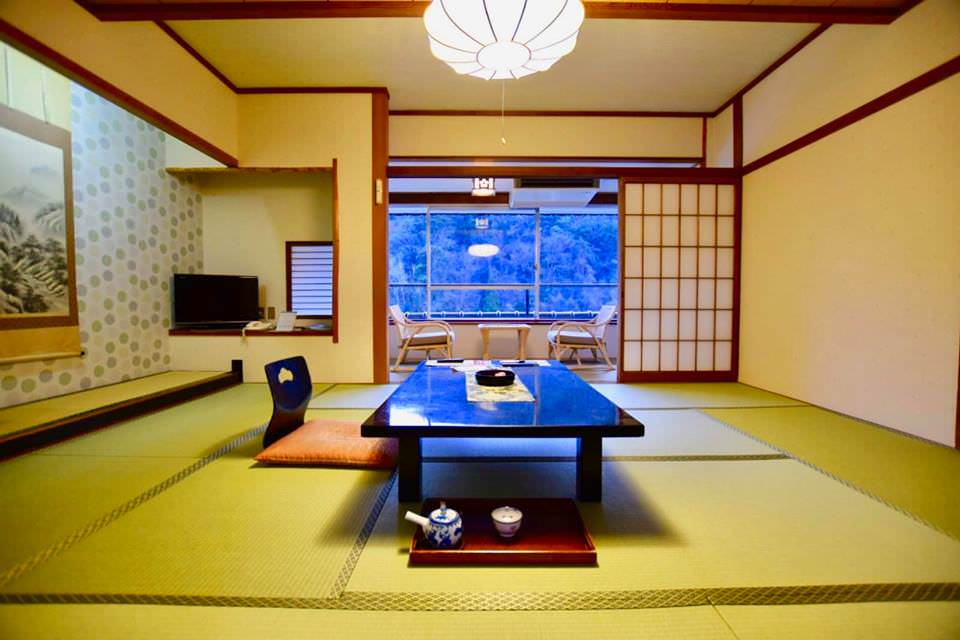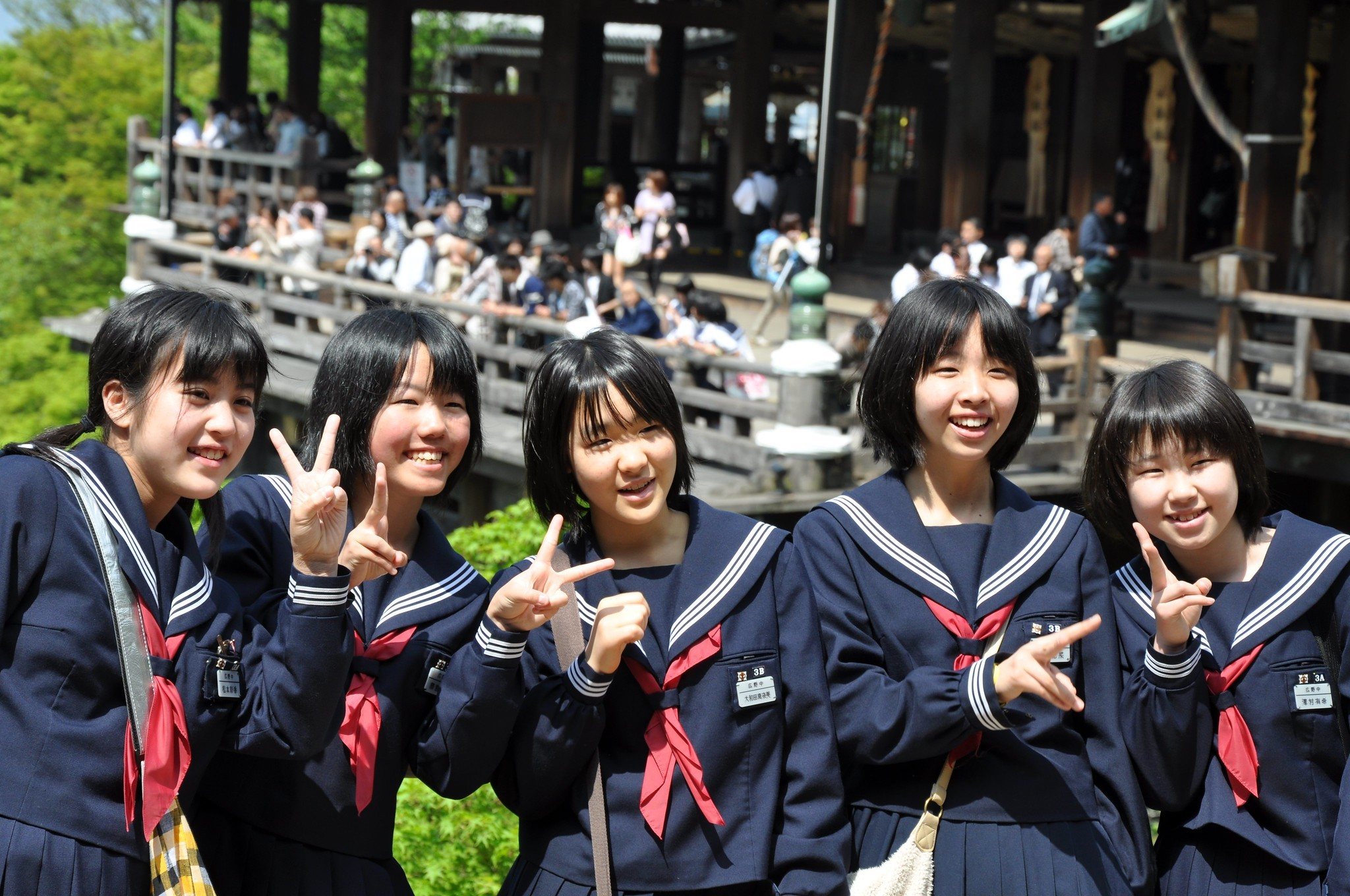Remember these do’s and don’ts before you head your way to Japan. This will be a big help for you in respecting their culture.
If you’re planning a trip to Japan, you must learn some of the things that would make your trip smoother and more fun. Japan is known for having a rich culture and tradition. And because of this reason, you might find some of their customs unusual.
 But here’s the catch, it’s actually interesting and fun to learn something new from the country you’re visiting especially if it teaches you of how they value their culture. That’s also the reason why we decided to guide you about the do’s and don’ts that you need to remember when you’re in Japan. So check them out and be well prepared before your trip!
But here’s the catch, it’s actually interesting and fun to learn something new from the country you’re visiting especially if it teaches you of how they value their culture. That’s also the reason why we decided to guide you about the do’s and don’ts that you need to remember when you’re in Japan. So check them out and be well prepared before your trip!
[box] Other Related Articles:
- Best Cat Cafes in Tokyo, Japan [ With Tips and Rates Included]
- How to Apply For A Single Entry Japan Tourist Visa with Your Philippines Passport
- How to Teach English in Japan – English Teacher Jobs in Japan
- Things To Do in Shibuya, Japan – Tokyo’s Special District
- How to Apply For A Japan Multiple-Entry Tourist Visa with Your Philippines Passport
[/box]
Here are the Do’s and Don’ts that You Must Know When You’re in Japan
Do’s When Visiting Japan
1. Bowing
Bowing is a symbol of respect in Japan. Bow politely when you meet someone, when you say thank you, or say goodbye. There are actually different types of bows (considering the angle, depth, and duration). However, as a foreigner, you don’t really have to worry about these types as you’re not expected to understand these. Japanese are unlikely to get offended when you can’t do it perfectly.
2. Giving and accepting things with two hands
Having almost the same etiquette with Korea, you should also accept and give gifts in Japan using your two hands. This symbolizes respect. But this doesn’t apply to gifts only. In Japan, it is still common to exchange business or name cards as a more formal introduction. And aside from accepting and giving your cards using your two hands, don’t forget to also check and read the information on the card someone gave you. Take your time to appreciate it before putting it in your wallet, pocket or cardholder. It’s considered rude in Japan if you don’t even take the time to read the information written on the card.
 3. Shoes off
3. Shoes off
When a building or any establishments you’re entering has a sunken-foyer entrance or called ‘genkan’ in Japanese, and you see shelves or rows of shoes by the door, then that signals that you are expected to take your shoes off before you enter. However, when entering a private home, traditional hotel/hostel, and temples, you really always have to remove your shoes.
4. Slurping
Slurping your noodles is absolutely normal in Japan. It actually has a positive meaning. This means that you like and you enjoy the food you’re eating. The louder your slurp is, the more it implies that you enjoy the food. So when you’re in Japan and eating at any noodle restaurant expect that you’d be surrounded by diners who slurps noisily.
5. Queuing
Japanese people are known to be disciplined wherever they go. You can observe this practice when you’re in train stations. You’ll notice that when waiting to board a train, the Japanese people form a queue and wait patiently before they can enter the train. This isn’t hard to do anyway, just follow them and you won’t have any problem doing this etiquette.
6. Learn basic Japanese words
Since English is not Japan’s first language, you might encounter some difficulties communicating with the locals as some of them are not comfortable speaking English or they might get really shy to communicate in English with foreign tourists. In this case, you can learn some basic Japanese words/phrases that could help you. You don’t really need to study the whole language or even the grammar, the basic phrases that could help you during your trip are enough.
Don’ts When Visiting Japan
7. Tipping is not necessary
Unlike in Western custom, tipping is not a common practice in Japan. If you do this at a restaurant the staff will just reject your offer. It’s very uncommon to the point that a waiter might even chase you outside to give you back the cash if you try to leave it on the table after you eat.
8. Avoid being noisy in public transport
The Japanese people value privacy and they always consider other people when they’re outside. When you’re in public transport, avoid talking on your phone loudly or as much as possible just avoid talking on your phone at all. This is to make sure that you don’t disturb other passengers.
9. Don’t blow your nose in public
Try to avoid doing this when you’re in public places such as subway, restaurant, or any other public places. It is considered rude to blow your nose in public in Japan. Just control yourself and just blow your nose when you’re in the bathroom. If you notice, Japanese people also wear facemasks when they have a cold or flu to help prevent spreading their ailment to others.
10. Don’t pour your own drink when drinking alcohol with Japanese
If in any case, you get to drink with some of your Japanese friends or newly met Japanese people, remember to not pour your own drink. It’s part of their custom to pour drinks for the people they’re drinking with, and you should allow them to do that for you.
11. Chopsticks etiquette
When eating using chopsticks, there are things that you must remember:
- Do not leave chopsticks standing upright in a bowl of rice as it resembles a ritual during funerals.
- Avoid playing with your chopsticks.
- Don’t share food by passing them directly from chopsticks to chopsticks. It also resembles a ritual during funerals.
- Avoid crossing your chopsticks when resting them on the table. Use the chopsticks holder.
- Don’t lick the ends of chopsticks. It’s called ‘Neburi Bashi’ in Japanese.
Japanese people will understand if you can’t use chopsticks perfectly or if you don’t know the rules. It’s totally understandable since you’re a foreigner. However, to create a really good impression, knowing these etiquettes is highly advisable. Remember that using chopsticks is a form of art and a part of cultural symbols. It’s easier said than done, but if you’re patient enough, you can possibly learn how to use them properly.
 This is the list of the Do’s and don’ts that you must know before you travel to Japan. This might be new to you or surprising, but it is their culture and you’re in their country. As a tourist, you must know the general rule before traveling to a certain place: Respect their culture, follow their rules, you’re the visitor, you should adjust to their way of living and not the other way around. Hope this article helps you, so go on and head your way to the beautiful country of Japan!
This is the list of the Do’s and don’ts that you must know before you travel to Japan. This might be new to you or surprising, but it is their culture and you’re in their country. As a tourist, you must know the general rule before traveling to a certain place: Respect their culture, follow their rules, you’re the visitor, you should adjust to their way of living and not the other way around. Hope this article helps you, so go on and head your way to the beautiful country of Japan!
[line]
Are you on Pinterest? Pin these!
[line]
About the Writer
 Hi there! I’m Fatima. My first major travel was in 2016 in the beautiful city of Cebu. After that, I got interested in traveling. Now I enjoy learning languages and other country’s cultures. My goal is to visit at least one country each year and to share my experiences with other people through writing or blogging. Witness my journey by following me on Instagram.
Hi there! I’m Fatima. My first major travel was in 2016 in the beautiful city of Cebu. After that, I got interested in traveling. Now I enjoy learning languages and other country’s cultures. My goal is to visit at least one country each year and to share my experiences with other people through writing or blogging. Witness my journey by following me on Instagram.

![11 Things You Need To Know Before Visiting Japan [Do's and Don'ts You Need to Remember]](https://twomonkeystravelgroup.com/wp-content/uploads/2020/05/11-Things-You-Need-To-Know-Before-Visiting-Japan-Dos-and-Donts-You-Need-to-Remember.jpeg)
![11 Things You Need To Know Before Visiting Japan [Do's and Don'ts You Need to Remember]](https://twomonkeystravelgroup.com/wp-content/uploads/2020/05/11-Things-You-Need-To-Know-Before-Visiting-Japan-Dos-and-Donts-You-Need-to-Remember1.jpeg)